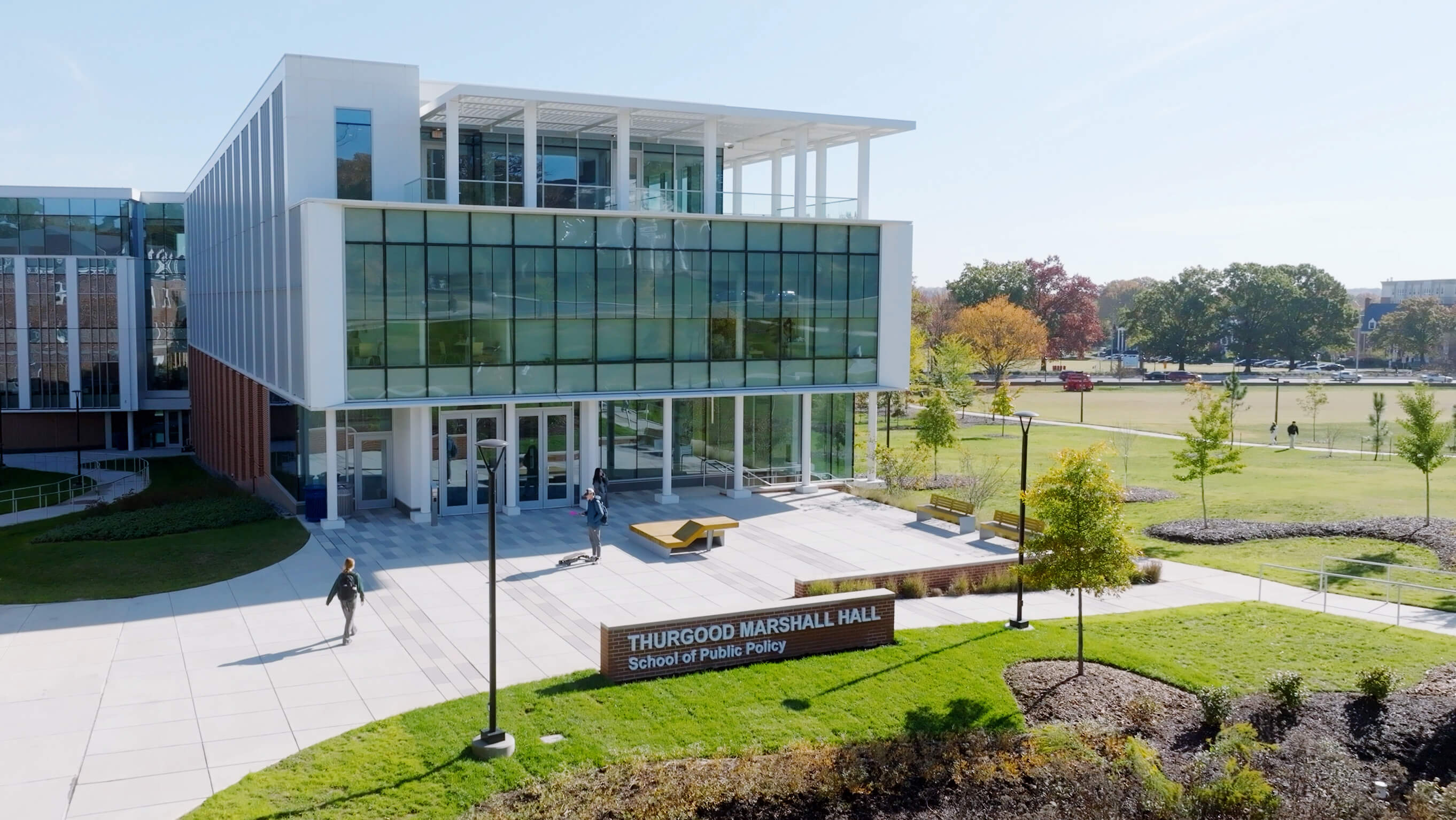
How does North Korea’s nuclear posture impact regional proliferation risks? This question motivates 2022 Center for International and Security Studies at Maryland (CISSM) Seed Grant winner, Dr. Ariel Petrovics’, new research focused on the ways in which different characterizations of North Korea’s nuclear strategy influence South Korean public opinion on developing its own nuclear program.
“We are very grateful to have been awarded the seed grant,” said Petrovics. “The grant provides a unique opportunity to field new research on issues of particular policy relevance today and makes it possible to continue cross-institutional scholarship”
Petrovics and research collaborator, Dr. Hyun-Binn Cho, Assistant Professor at The College of New Jersey, recently published an article in The Washington Quarterly analyzing North Korea’s nuclear posture, arguing that Pyongyang’s strategic ambiguity over whether it prioritizes nuclear first-use or retaliatory second strike has alarming implications for nuclear proliferation in the Indo-Pacific region. The article outlines a new organizational framework for identifying the “gray zone of strategic ambiguity” to help analysts and policymakers make sense of a changing security landscape.
“The grant will help cover original international experiments on nuclear proliferation incentives in South Korea, that build on our existing research examining how a nuclear armed North Korea can destabilize security dynamics in the region,” explained Petrovics. “We are very excited to see what this work uncovers."
Petrovics and Cho will use the grant for data collection employing a pilot survey experiment with 3-4 waves in South Korea. Ambiguity surrounding North Korea’s nuclear strategy creates opportunities to examine how variation in Pyongyang's nuclear posture — or when and how it plans to use its nuclear weapons — affects South Korean respondents' views on developing their own nuclear weapons.. They plan to develop an original dataset that the research team can evaluate for policy relevant implications of Pyongyang’s nuclear posture.
“Policymakers have long worried that North Korea acquiring nuclear weapons would set off a proliferation cascade among neighboring countries,” observed CISSM Director Nancy Gallagher, “but how South Korea reacts may well depend on whether North Korea is seen as aggressive or deterrence-driven.”
The research team will be presenting a draft paper as a follow-up to their previous article at the upcoming 118th American Political Science Association Annual Meeting and Exhibition this September. The draft paper will include results from the pilot survey’s first wave fielded in South Korea in late August.
The CISSM Seed Grant competition was launched in 2017 and has supported over half a dozen SPP faculty and student research projects on a range of security and governance-related challenges. The competition is supported by the Yamamoto-Scheffelin Endowment for Policy Research.



